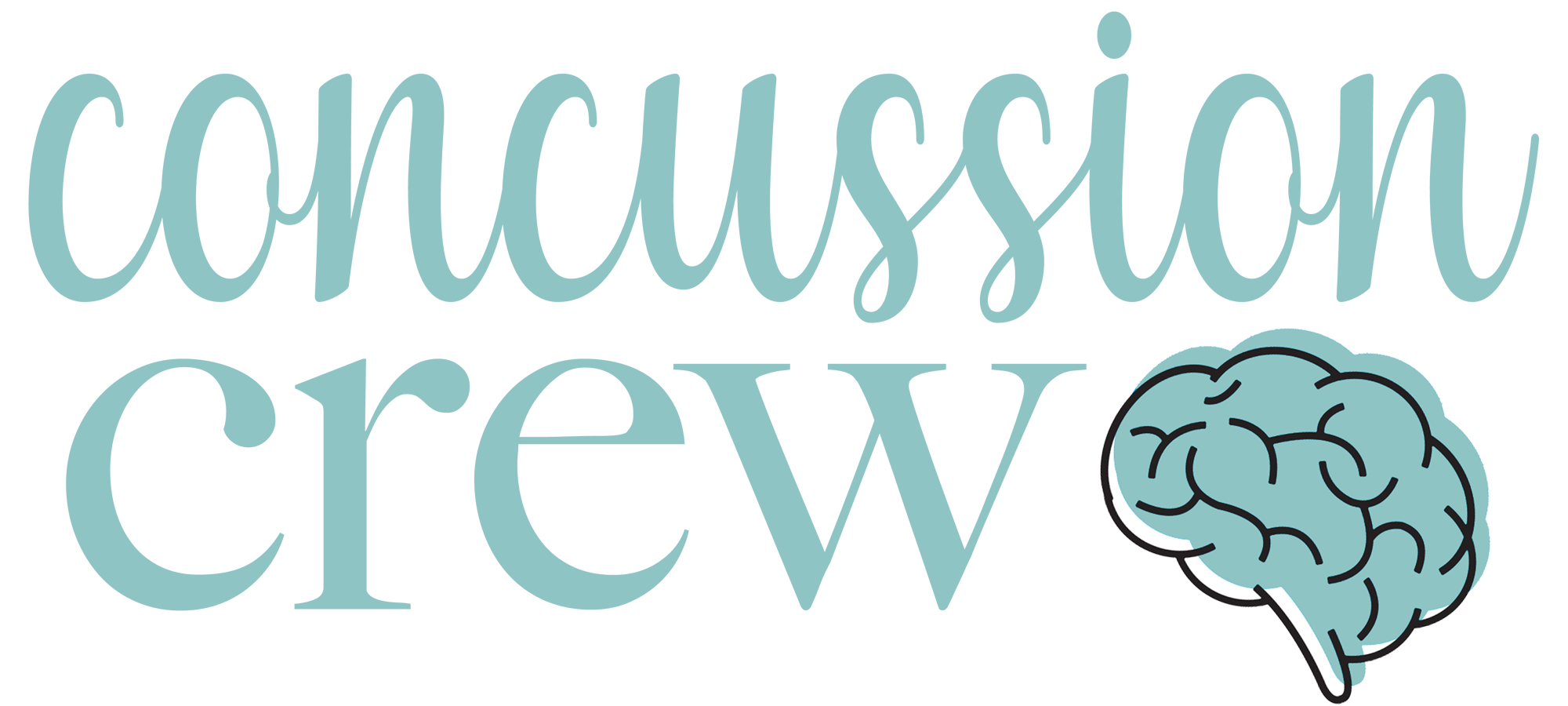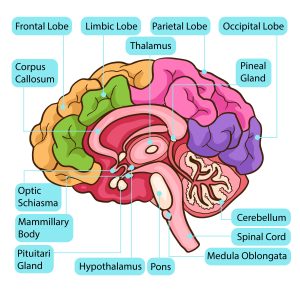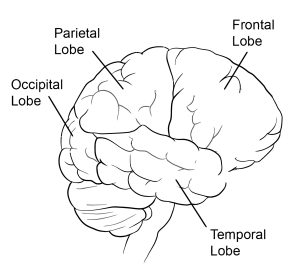Abbreviations, Anatomy and Terminology
Medical jargon can be difficult to keep up with…even without a concussion! On this page is a list of acronyms, abbreviations, terms and slang that we hope will be helpful. From one person with a TBI (traumatic brain injury) to the Crew (people who follow us on YouTube and have a concussion or brain injury, or offer support to a friend or family member with one), we hope this helps. Please visit us on YouTube to suggest any additions or amendments!
Medical Terminology
- Assistive Devices – Assistive devices are external devices that are designed, made, or adapted to assist a person to perform a particular task. Many people with disabilities depend on assistive devices to enable them to carry out daily activities and participate actively and productively in community life.
- Chiropractor – Chiropractic is a licensed health care profession that emphasizes the body’s ability to heal itself. Treatment typically involves manual therapy, often including spinal manipulation. Other forms of treatment, such as exercise and nutritional counseling, may be used as well.
- Concussion – Any alteration of mental functioning after a blow to the head or body is a concussion. Concussion is a brain injury; “dings” and “seeing stars” are symptoms of a concussion. The definition of concussion does not include loss of consciousness (95% of concussions do not cause a loss of consciousness).
- Crew – Crew refers to anyone in The Concussion Crew community…health care providers, friends, family members, and especially those with a concussion or brain injury.
- Mode of Injury – The way you were injured (slip and fall, car accident, etc.)
- Nystagmus – Nystagmus is a rhythmic, involuntary, rapid, oscillatory movement of the eyes. It may have a slow, fast, or a combination of both. It can be continuous, paroxysmal, with positional or gaze or head positioning triggers.
- Post Concussion Syndrome – Postconcussive syndrome (PCS) describes the constellation of symptoms that commonly occur after mild traumatic brain injury (TBI), and patients who suffer more than one brain injury are at increased risk. Symptoms may be physical, cognitive, behavioral, and/or emotional in nature.
- Post Traumatic Stress Disorder – Post-traumatic stress disorder (PTSD) is a disorder that develops in some people who have experienced a shocking, scary, or dangerous event. It is natural to feel afraid during and after a traumatic situation. Fear is a part of the body’s “fight-or-flight” response, which helps us avoid or respond to potential danger.
- Prism Lenses – Prism glasses are lenses which deflect light and therefore, can correct some ophthalmic conditions most notably ocular misalignment.
- Syntonics – Syntonics (ocular light exposure therapy) has been used in optometric therapies to improve binocular anomalies such as accommodative or vergence dysfunctions, amblyopia therapy or to increase the visual field.
- Tinted Lenses – The use of color-tinted lenses can introduce profound effects into how we process visual information at the early to late stages. Besides mediating harsh lighting conditions, some evidence suggests that color-tinted lenses can influence how humans respond to emotional events.
- Traumatic Brain Injury – A traumatic brain injury (TBI) can be caused by a forceful bump, blow, or jolt to the head or body, or from an object that pierces the skull and enters the brain.
- Vision Therapy – Vision therapy, also known as vision training, is a term used to define highly specific, sequential, sensory-motor-perceptual stimulation paradigms and regimens that are used to improve vision skills, such as eye movement control and eye coordination. This training procedure can be performed in both home and office settings, but always under the professional supervision of an optometrist or an orthoptist.
**Definitions sourced from the National Institutes of Medicine website at nih.gov.
Abbreviations
Chiro – Chiropractor/chiropractic
MOI – Mode of Injury
MVA – Motor Vehicle Accident
Neuro – Neurology
PCS – Post Concussion Syndrome
PTSD – Post Traumatic Stress Disorder
TBI – Traumatic Brain Injury
VT – Vision Therapy
MOI – Mode of Injury
MVA – Motor Vehicle Accident
Neuro – Neurology
PCS – Post Concussion Syndrome
PTSD – Post Traumatic Stress Disorder
TBI – Traumatic Brain Injury
VT – Vision Therapy



